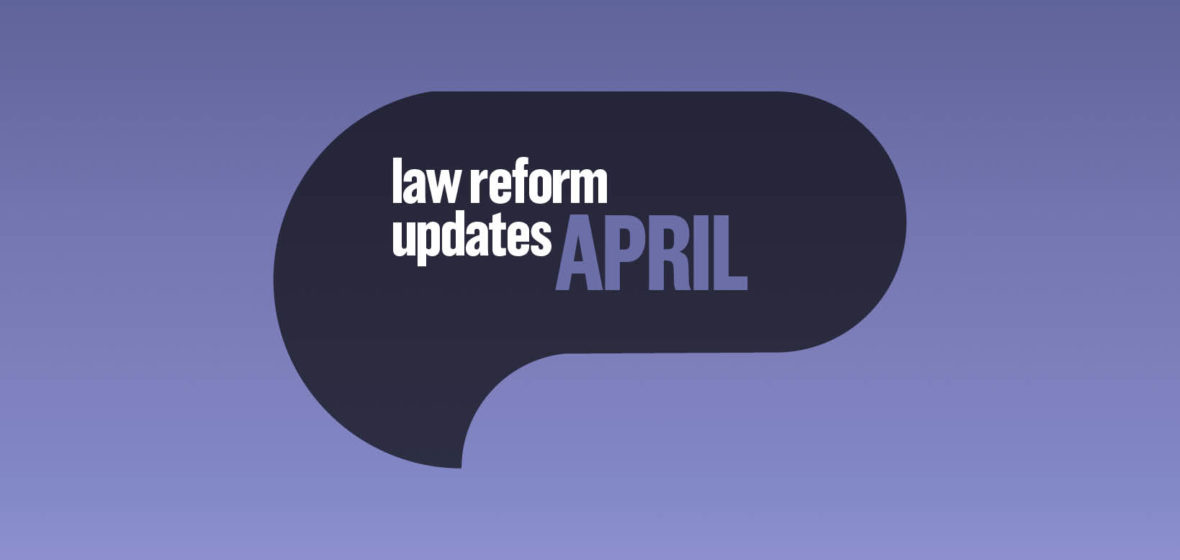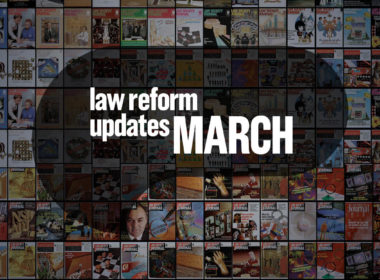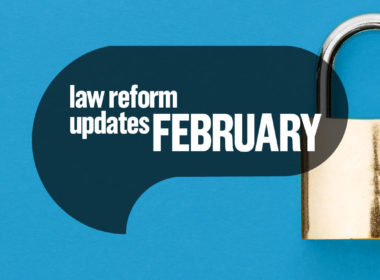Key developments
- Draft National Plan to End Violence against Women and Children
- Bank processes relating to deceased estates
- Fair Work Commission: The future of online proceedings
- Public Consultation to Progress Further Respect@Work Recommendations
- Review of Part 1 of the Lifetime Care and Support Guidelines
- Exposure Draft: Crimes and Other Legislation Amendment (Strengthening the Criminal Justice Response to Sexual Violence and other Measures) Bill 2022
- The Design and Place SEPP
- Review of the Security Legislation Amendment (Critical Infrastructure Protection) Bill 2022
- Supporting business adoption of electronic invoicing
- Large-Scale Solar Energy Guidelines
Draft National Plan to End Violence against Women and Children
The Indigenous Issues and Family Law Committees contributed to a submission to the Law Council providing feedback on a Department of Social Services’ (‘DSS’) draft National Plan to End Violence against Women and Children 2022-32, proposed to replace the current National Plan in mid-2022. The National Plan is the vehicle through which the DSS, alongside the Office for Women, funds programs, grants and research to advance gender equality and improve the status and wellbeing of women in Australia.
Having commented in July 2021 on a proposal outlining a broad approach to developing a new National plan, in our submission we noted that the draft National Plan sets out general principles and approaches that largely embody, or are consistent with, the points raised in our July 2021 submission.
In our submission we also strongly supported the urgent development of a standalone and specific plan for ending violence against Indigenous women and children, as the historical, social, political and economic context suggests the need for a fundamental reconsideration of the approach taken to ending violence against Indigenous women and children. We noted that the drivers of violence against Indigenous women and children are complex and intersectional, and Indigenous women can experience more severe forms of violence as compared to other women. We advocated for the design and delivery of the Action Plan to be led by Indigenous individuals and Indigenous community-controlled organisations, and for sufficient and sustainable resourcing to support the successful implementation of the Action Plan.




